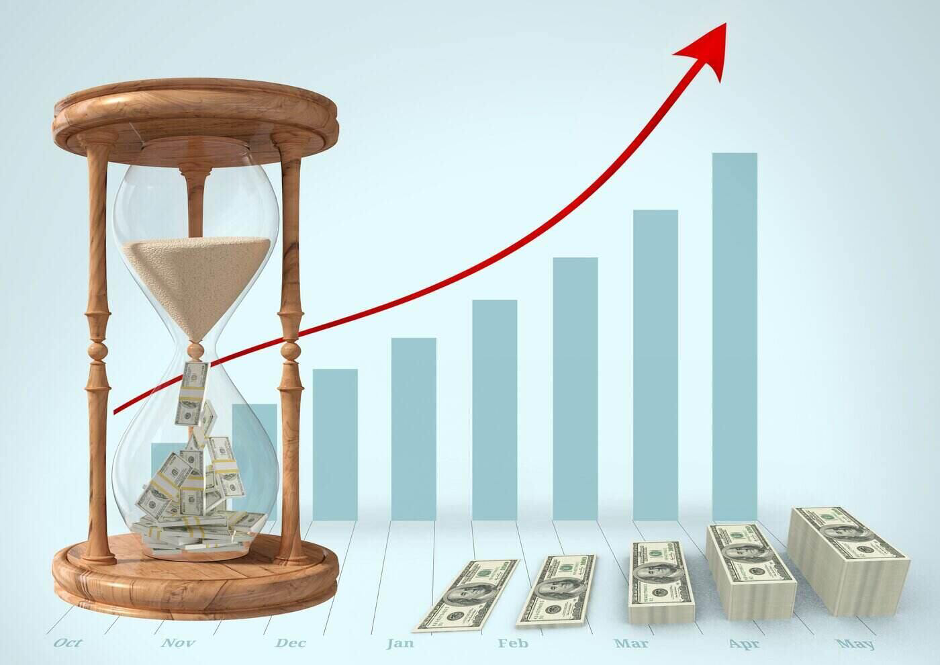
Though the occurrence of the coronavirus pandemic has impacted almost every facet of life, a country’s economy is no exception. Now, at a time when the world has been witnessing a sharp decline in the number of COVID cases, economies have been rebounding and the role of stock markets is pivotal to make this happen. But, it is interesting to know how stock markets affect a country’s economy. So, let’s start covering this topic in the following post.
If you take into account the overall growth in India’s GDP, it rose from ₹ 2.7 lakh crore at the time of independence to ₹ 135.13 lakh crore after 75 years. Similarly, the investment in stock markets has seen a whopping growth and it is quite easy to determine the role of stock markets in shaping up a country’s economy.
The very first thing to keep in mind stock market is not the economy, but it is a part of the economy. It can be defined as a financial institution that enables businesses to sell stocks of their firms to the general public. A majority of people trade in such assets on a daily basis in the stock market.
The major difference between the stock market and economic show depends essentially on the feelings of separate investors, while the other is based on verifiable data like employment rate, gross domestic product (GDP), and consumer spending.
How GDP is Impacted?
Since the stock exchange keeps a track of all publicly-traded companies it is largely used as a way to monitor economic growth.
If the stock market is driving up, it usually means businesses are performing well, doing more sales, and generating more employment, and hence GDP is going up.
The stock market impacts specific consumer spending too, which also makes an effect on the GDP. GDP is known to be one of the biggest causative factors to a growing economy. So, this way, you can easily notice how the stock market impacts the economy.
However, the stock market can go up based on investor cheerfulness or down given the prevailing fear in investors’ minds, which makes it a lot more unstable as compared to the economy. In such a scenario, the stock market may not be considered a real indicator of a country’s economic well-being.
The uptrend and downtrend in-stock rates are known to impact various economic variables, like business investment and consumption. Hence, it can be understood that it is not only the stock markets that impact the economy but there are various factors that play their role in the same.
So, let’s look at some of the ways in which the stock market impacts our economy.
Wealth Effect
The stock markets tend to become unstable due to the frequent price variations in stock. When stock prices go up and down, market instability impacts businesses and consumers both. When a market is in a bull phase, it goes up. It tends to boost an investor’s confidence which results in a positive perception of the market. This, in turn, increases consumer spending as people become more hopeful in regard to the market and make newer purchases through the best trading platform in India. This further leads businesses to produce more to cater to the increasing demand for products.
In addition, the influx of a large number of investors may drive prices even more. As an outcome, optimistic stock market shifts can add more economic growth. However, this may not be the case every time.
A surge in stock markets is not constantly combined with economic growth. For example, in the FY 2021-22, stock markets broke all-time ups constantly and thousands of fresh Demat accounts came up during this period; but the country’s economic growth, in regard to its GDP, went down in almost every quarter at that time. The coronavirus pandemic was the main reason behind this, as per the best stock broker in India.
When Stock Markets Plunge
On the contrary, when stock prices stay low for a prolonged period (called the bear state), the stock prices are mostly affected adversely. People may shatter their hopefulness, with the latest news on the recent price declines triggering a feeling of panic in the market. As an outcome, investors losing their investments are unwilling to invest more or switch to low-risk stocks, resulting in a decline in consumer spending.
Affects Pension Fund
Any person with an investment trust or private pension gets impacted by stock market shifts, although ramblingly. Most pension funds put in a heavy sum of money in stocks, a severe and constant reduction in prices tends to degrade the value of these funds. This also refers to lower pay-outs in the coming future. In addition, families will get a lower income out of their pension funds, keeping them distant from spending and close to savings.
When you put money in the stock market through the best stock broker in India, you contribute towards the success of the businesses whose stocks you are investing in and overall the country’s economy. Just like a shopfront, or business of any type, a sturdier stock market rests on the number of buying done.
If people have been buying stocks of a business, they are contributing to both the business and the stock market by triggering demand for that company’s stock to go up, and hence the rates of that company’s stock rise. When a large number of people invest in these stocks, this triggers huge demand making the price higher and ultimately the momentum of the stock markets.
